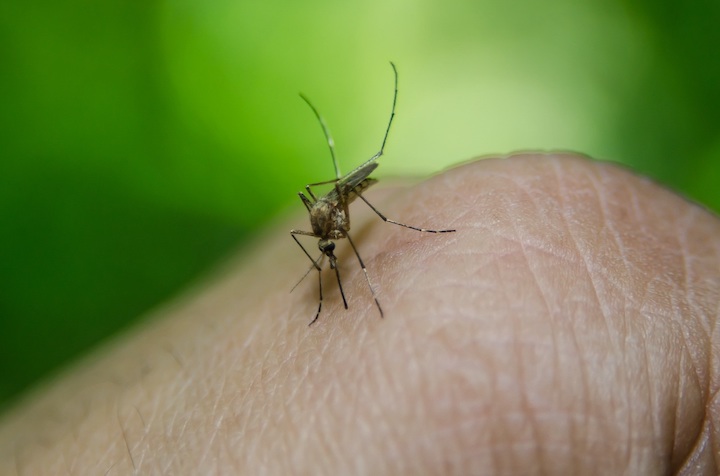National Dengue Day is observed every year on May 16th to raise awareness about this dangerous mosquito-borne viral disease that impacts millions globally. As we observe the day this year, promising new vaccines in development bring hope for better prevention and control of Dengue, globally.
National Dengue Day highlights dengue’s severe and growing global health burden. The disease causes an estimated 100-400 million infections each year across more than 100 endemic countries, hitting regions like Asia, Africa and the Americas hardest. The Americas alone reported a staggering 4.5 million dengue cases and 2,300 deaths in 2023 – representing a record high.
With climate change enabling mosquito populations to expand their geographic ranges, and rapid urbanization increasing human exposure risk, the urgency for safe and effective dengue vaccines has never been greater. Their availability could represent a major public health breakthrough in combating this dangerous yet often neglected tropical disease worldwide.
Indian Vaccine Completes Critical Safety Trials
In a promising development, Indian Immunologicals Limited (IIL), a subsidiary of the National Dairy Development Board, has completed the crucial first phase of clinical trials for its homegrown dengue vaccine candidate. This initial phase, focused on assessing safety, confirmed the vaccine posed no adverse effects in trial participants.
“We completed phase 1 to determine safety. It was very successful, with no adverse reports,” said IIL Managing Director K. Anand Kumar. “With safety established, we will soon proceed with phase 2 and 3 trials to evaluate the vaccine’s efficacy.”
These upcoming efficacy trials will rigorously test if IIL’s vaccine provides meaningful protection against all four dengue virus serotypes that cause illness. Though the trial process experienced some delays, Kumar stated IIL remains on target for commercial release of its dengue vaccine by mid-2026 pending successful completion of the remaining phases.
WHO Approves Takeda’s Dengue Vaccine for Distribution
Adding major momentum in the fight against dengue, on May 10th, 2024 the World Health Organization (WHO) granted prequalification to TAK-003, a dengue vaccine developed by the Japanese pharmaceutical company Takeda. This prequalification designates TAK-003 as meeting WHO standards for safety and efficacy, enabling its procurement and distribution by UN agencies like UNICEF.
TAK-003 is a tetravalent live-attenuated vaccine, containing weakened strains of all four dengue virus serotypes. WHO recommends it for use in children aged 6-16 years living in areas with high rates of dengue transmission. The vaccine requires administration of two doses spaced three months apart.
“The prequalification of TAK-003 is crucial for expanding global access to dengue vaccines,” said Dr. Rogerio Gaspar, WHO Director for Regulation and Prequalification. “With only two prequalified dengue vaccine options so far, we urgently need more candidates to meet the immense worldwide demand.”
TAK-003 joins Sanofi Pasteur’s CYD-TDV as the only two dengue vaccines currently prequalified by WHO.
Severe Disease Manifestations Drive Vaccine Urgency
While many dengue fever cases cause mild symptoms like rash, headache and joint/muscle pain, the viral disease can potentially progress to life-threatening dengue hemorrhagic fever and dengue shock syndrome. These severe manifestations involve dangerous complications like internal bleeding, plasma leakage, organ impairment and fluid accumulation around the lungs and heart.
It is these severe forms of dengue that make widespread access to effective vaccination so vital, particularly as climate change enables mosquito vectors like the Aedes aegypti and Aedes albopictus species to expand their population ranges into new territories. Urbanization trends are also increasing human exposure risk through growth of densely populated urban environments where mosquitoes can thrive.
As warming temperatures and rapid urbanization continue to escalate dengue transmission risk worldwide, the availability of multiple safe, well-tolerated and efficacious dengue vaccines could represent a pivotal breakthrough in getting ahead of this growing public health threat. Observances like National Dengue Day help maintain much-needed visibility around prevention and control efforts while building hope for future disease reduction.


